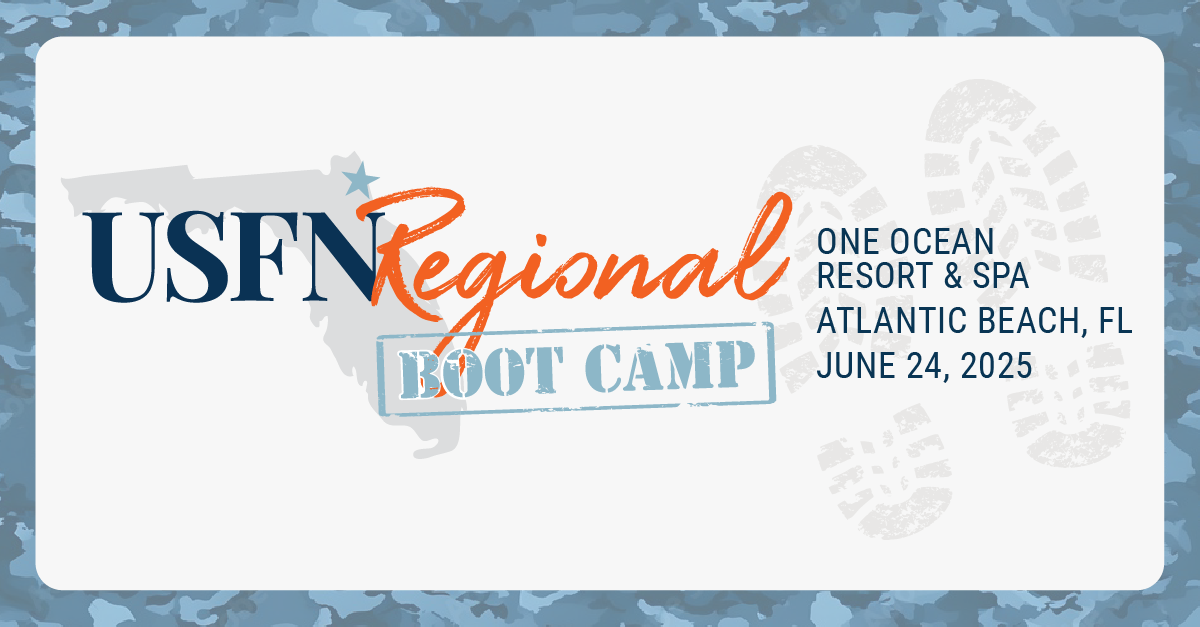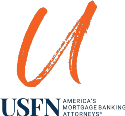You are not currently logged in.
USFN Report: Face-to-Face Rule Set to Change
Updated: January 28, 2025
BY LAUREN RIDDICK, ESQ.
CODILIS & ASSOCIATES, PC
USFN MEMBER (IL)
As published in the Winter 2025 USFN Report
The U.S. Department of Housing and Urban Development (HUD) has issued a new Mortgagee Letter entitled “Modernization of Engagement with Borrowers in Default,” updating the requirements surrounding the more commonly referred to face-to-face rule.
Full details can be accessed at https://www.hud.gov/sites/dfiles/OCHCO/documents/2024-24hsgml.pdf. The provisions are effective January 1, 2025, with alternative interim procedures that may be utilized between January 1 and June 30, 2025.
The HUD face-to-face rule has historically required lenders to attempt to have a face-to-face interview with a mortgagor “before three full monthly installments due on the mortgage are unpaid.” According to the current version, “[a] reasonable effort to arrange a face-to-face meeting with the mortgagor shall consist at a minimum of one letter sent to the mortgagor certified by the Postal Service as having been dispatched…[and] shall also include at least one trip to see the mortgagor at the mortgaged property.” See 24 C.F.R. § 203.604(d). However, since COVID, the face-to-face specific requirements have largely been subject to HUD waiver.
In August, HUD updated the federal regulation, effective Jan. 1, 2025. Under the revised rule, mortgagees will be required to “conduct a meeting with the mortgagor, or make a reasonable effort to arrange such a meeting, before three full monthly installments due on the mortgage are unpaid and at least 30 days before foreclosure is commenced…” which is a slight change to the timing component. [Emphasis added.] Further, “[t]he meeting must be conducted in a manner as determined by the Secretary” and “[a] reasonable effort to arrange a meeting…shall consist of, at a minimum, two verifiable attempts to contact the mortgagor utilizing methods determined by the Secretary.” The Mortgagee Letter just issued provides the Secretary’s “determined methods” via both alternative interim procedures and final procedures.
Alternative Interim Procedures
Under the alternative interim procedures, which can be utilized at a mortgagee’s discretion, mortgagees must have an interview or make a reasonable effort to arrange an interview no later than the 61st day of a mortgagor’s delinquency, but alternative communication methods, such as phone interviews, emails, and video calling services, will be permitted. Meetings will not be required if: the borrower doesn’t live in the property; the subject property isn’t within 200 miles of the mortgagee, servicing mortgagee, or a branch office of either; the borrower has clearly indicated they won’t cooperate with an interview; the borrower’s payment is current due to a repayment or forbearance plan; or a reasonable effort to arrange a meeting is unsuccessful. Under the alternative procedures, a reasonable effort to arrange a meeting consists of sending the borrower a letter via a certificate of mailing or via certified mail providing interview availability and scheduling details as well as additionally attempting to contact the mortgagor at the property. These optional interim procedures expire on July 1, 2025.
Final Procedures – July 1, 2025
As of July 1, 2025, all mortgagees must be in compliance with HUD’s new face-to-face procedures. Under the new requirements, mortgagees must still conduct or make a reasonable effort to arrange a Loss Mitigation Consultation with delinquent borrowers for each default episode before three full monthly installments are due and unpaid (61 days delinquent). But, if the borrower is on a repayment plan or trial period payment plan (TPP), then mortgagees must conduct or make a reasonable effort to arrange a consult no later than 30 days after the borrower fails to make a payment on the repayment plan or TPP.
Under the new procedures, a Loss Mitigation Consultation won’t be required if:
- The borrower has communicated they won’t cooperate in a consultation;
- A reasonable effort (defined further below) was unsuccessful;
- The borrower is on a repayment plan or TPP that will bring them current, and the borrower is meeting the terms (a forbearance does not meet this requirement); or
- The borrower has filed for bankruptcy and, in the opinion of the mortgagee’s legal counsel, it would be a violation of bankruptcy law to proceed.
Notably, although the current version provides an exemption if the mortgagor fails to reside in the property or if the property is more than 200-miles from the mortgagee, both of these exemptions have been removed.
Under the new rules, a reasonable effort consists of two “verifiable attempts,” where a mortgagee documents either the date the communication was sent or the date of delivery. The first verifiable attempt must be sent by mail that utilizes a certificate of mailing or is evidenced by a tracking number. For owner occupant borrowers, an in-person attempt can be substituted for the first mailing. Acceptable methods for the second verifiable attempt include: mail, certified mail, in-person, email, text, and interactive virtual communication methods. Telephone attempts that fail to result in live borrower contact will not constitute a verifiable attempt.
Each verifiable attempt must include:
- The purpose of the Loss Mitigation Consultation;
- At least two available consult methods;
- Scheduling instructions;
- Scheduling availability, which must include at least 4 hours of mortgagee availability per week outside the business hours of 9 am to 5 pm in the borrower’s time zone;
- A list of information/documents needed (if applicable);
- Contact information, including a toll-free number;
- Information about the availability of language access services offered (offered in Spanish and must advise to seek translation or other language assistance); and
- Information on how to locate a HUD approved Housing Counselor.
Additionally, verifiable attempts must not be included with any other communication applicable to mortgage servicing, unless required by law, except that one verifiable attempt may be included with the Delinquency Notice Cover Letter or a written early intervention notice required by the CFPB.
If a reasonable effort is unsuccessful, the mortgagee must make two additional verifiable attempts at least 30 days prior to first legal. The first attempt must be sent by mail.
Further, within five days of conducting a consultation, the mortgagee must send a notice providing the date of the consultation, the loss mitigation option discussed, a list of needed documents/information (if applicable), a reminder that the borrower should contact the mortgagee if their financial situation changes at any point, the mortgagee’s contact information, and information on how to locate a HUD approved Housing Counselor.
Differing requirements exist for mortgages insured on Hawaiian homelands or Indian land.
Please see full details at: https://www.hud.gov/sites/dfiles/OCHCO/documents/2024-24hsgml.pdf.
TOPICS: Compliance
SUBSCRIPTIONS: USFN Report

Introducing USFN's All-New FREE In-Person Training for Servicers!
USFN’s all-new Regional Boot Camp is coming to the Jacksonville area on June 24, bringing top-tier mortgage servicing education straight to your region. This one-day, hands-on servicer training event will help you strengthen your expertise in Foreclosure, Litigation, Bankruptcy, and Post-sale with nationally focused, process-driven sessions built in collaboration with local servicers. Whether you are local to the Florida region, work remotely in the area, or work cross-country and want to travel to attend this free training, be sure to register now to secure your spot today for USFN’s Regional Boot Camp, from 8:30 am to 4:30 pm ET, June 24, 2025, at One Ocean Resort & Spa, Atlantic Beach, FL!
Learn How to Use the all-new USFN Source!
Need help navigating through the resources of the USFN Source? Watch these videos to learn more.
Give us Your Feedback!
Can’t find what you are looking for or have a topic that should be considered for inclusion in The USFN Source? Want to share suggestions for additional resources, or give us your compliments and/or complaints? Let us know.

